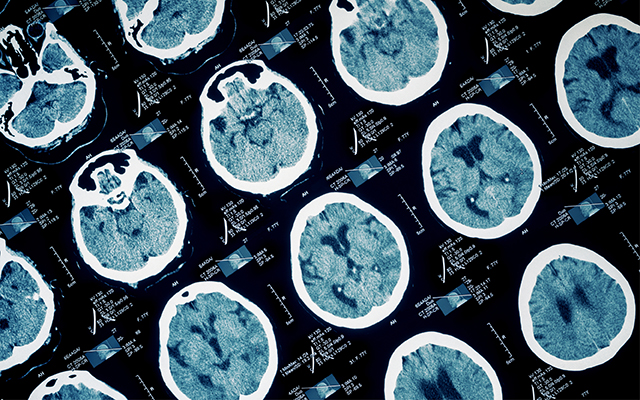When my old friend, The Beast, was laid low by a stroke a few years ago, the news came as a bit of a shock to all of us who knew him. After all, he was in his mid-40s, lean and active — if a little tightly wound. Not the type of person whose brain is susceptible to explosions.
Turns out he was part of a trend, one that is raising concerns among public-health experts while leaving this geezer a bit perplexed.
Strokes Are Increasing in Younger People
At a time when the incidence of stroke has declined markedly among baby boomers, it’s rising at alarming rates among people on the cusp of middle age, according to a Rutgers University study published last week in the Journal of the American Heart Association. Analyzing a New Jersey hospital database that listed all heart disease and stroke patients from 1995 to 1999 and 2010 to 2014, researchers found that the rate of strokes more than doubled among people 35 to 39 years old and doubled among those 40 to 45. During the same years, the incidence of stroke actually declined among older age groups.
It was especially on the wane among people my age (born between 1945 and 1954), members of what researchers called the “golden generation,” who were less likely to be victimized by a stroke than folks born either 20 years earlier or 20 years later. Because the Rutgers team did not have access to individual risk factors (smoking, cholesterol levels, medication, etc.), researchers could only speculate about why this particular slice of the baby-boomer generation has been spared.
“In the golden generation, obesity was less common than in people born earlier or later,” said lead study author Joel Swerdel, MS, MPH, a PhD candidate at Rutgers’ School of Public Health. “Diabetes has been on a continuous upswing over the past 40 years and is particularly seen in the youngest generations. Smoking has decreased rapidly by the golden generation but has been increasing lately. Younger generations are also less likely to take blood-pressure or lipid-lowering medication as prescribed.”
I’m also less likely to take any medication, but never mind that. I eat an egg every morning, which the Egg Nutrition Center says reduces my risk of stroke by 12 percent. I quit smoking 43 years ago, stay reasonably active, eat reasonably well, and keep my stress levels at bay most of the time — all risk factors, according to a recent study at McMasters University in Toronto.
So I’d say I’m about as likely to suffer a brain explosion as . . . The Beast.
Life is a bit of a crapshoot, I’ve learned, and much of what passes for scientific certainty is really only a murky concoction of numbers and conjecture. We can make of it what we choose. The Beast never saw it coming, but he gradually recovered and moved on. Life got better: He married, became a father, found a new job. I ran into him and his toddler son a few weeks ago, and he seemed to be doing pretty well.
All I know is that my aging brain at this particular moment seems to be operating at its normal placid level. And that makes me happy. Tomorrow, who knows? Next week? Why worry? Right now, I’m golden.

This Post Has 0 Comments